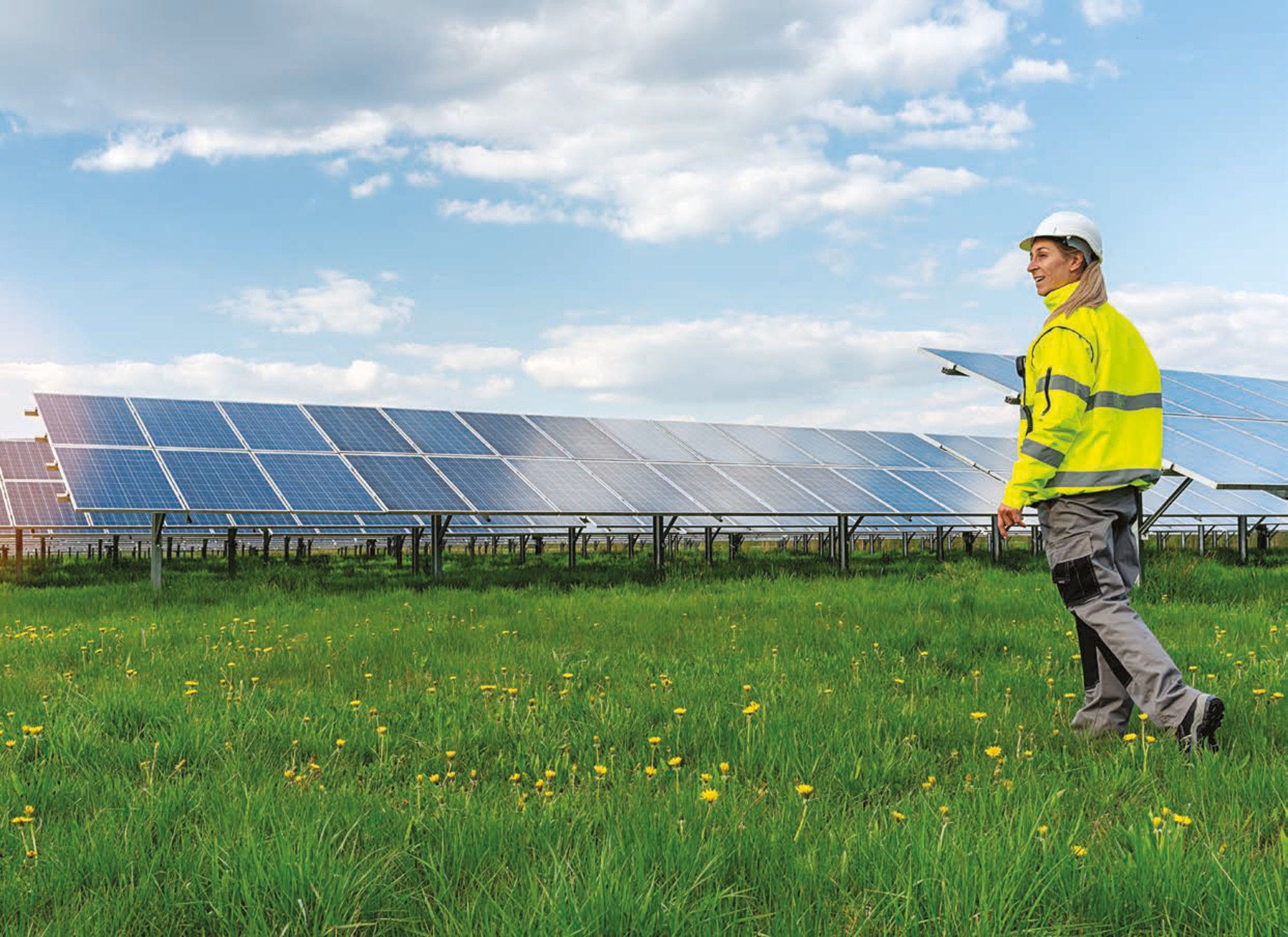See more data for Ireland on the related dashboard.
Economic Policy Reforms 2023
Going for Growth

Ireland
Product and labour markets functioning
Performance gaps
Planning and permitting delays, as well as judicial reviews, constrain housing supply, exacerbating housing affordability challenges.
There is room to promote greater business dynamism and increased uptake of new technologies.
Regulatory burdens on start-ups are relatively onerous, due to complex regulatory procedures and the system for licenses and permissions.
Recommendations
Streamline planning and judicial review processes, for example by establishing a special division in the High Court with sufficient tools, resources and technical capacity to reduce delays.
Continue to reduce the administrative burdens on SMEs by creating a Single SME portal, as planned.
Monitor business licensing requirements and the systems that facilitate them, including by linking more licensing procedures with the Integrated License Application Service.
Digital transition
Performance gaps
The use of digital government services is relatively low, and the intangible capital intensity of public administration has declined.
The health system is complex, with lack of adequate information and a fragmented data governance hampering the effective monitoring of healthcare spending.
Recommendations
Introduce the “digital postbox” system, allowing for easier and secured digital correspondence between the government and citizens, and develop new digital government services that improve citizens’ interactions with public administration.
Prioritise the adoption of the Unique Health Identifier and centralise the management of health information in a single, independent body.
Inclusiveness, social protection, and ageing
Performance gaps
Population ageing is putting significant pressure on medium-term fiscal sustainability. The recent pension reform puts the burden of adjustment on social security contributions.
Some segments of the population, notably those with lower educational attainment, continue to have weak attachment to the labour market. The marginal tax wedge on low-income families is high, creating disincentives for employment.
Recommendations
Introduce a rise in the state pension age.
Consider introducing more tax rates and bands to prevent income threshold effects that create disincentives to work, combined with targeted means-tested support to vulnerable households.
Target training and apprenticeship support to those with lower educational attainment, especially in areas of the economy where labour supply is in high demand.
Climate transition
Performance gaps
Planning and permitting delays coupled with judicial review concerning major investments slow the development of renewable energy capacity and increase uncertainty, which deter investment and raise prices.
The share of agriculture in emissions is high at around 38%. If agriculture does not contribute more to emission reductions, the additional abatement costs will rise substantially for other sectors.
Reducing emissions in the transport sector requires action across many policy dimensions.
Recommendations
Expedite the planning process to reduce uncertainty concerning major investment in wind turbine capacity.
Ensure that farmers face stronger economic incentives to reduce emissions in line with the rest of the economy, such as by pricing methane emissions.
Realign transport policies to reduce private car ownership and facilitate the provision and use of low or no carbon travel alternatives.